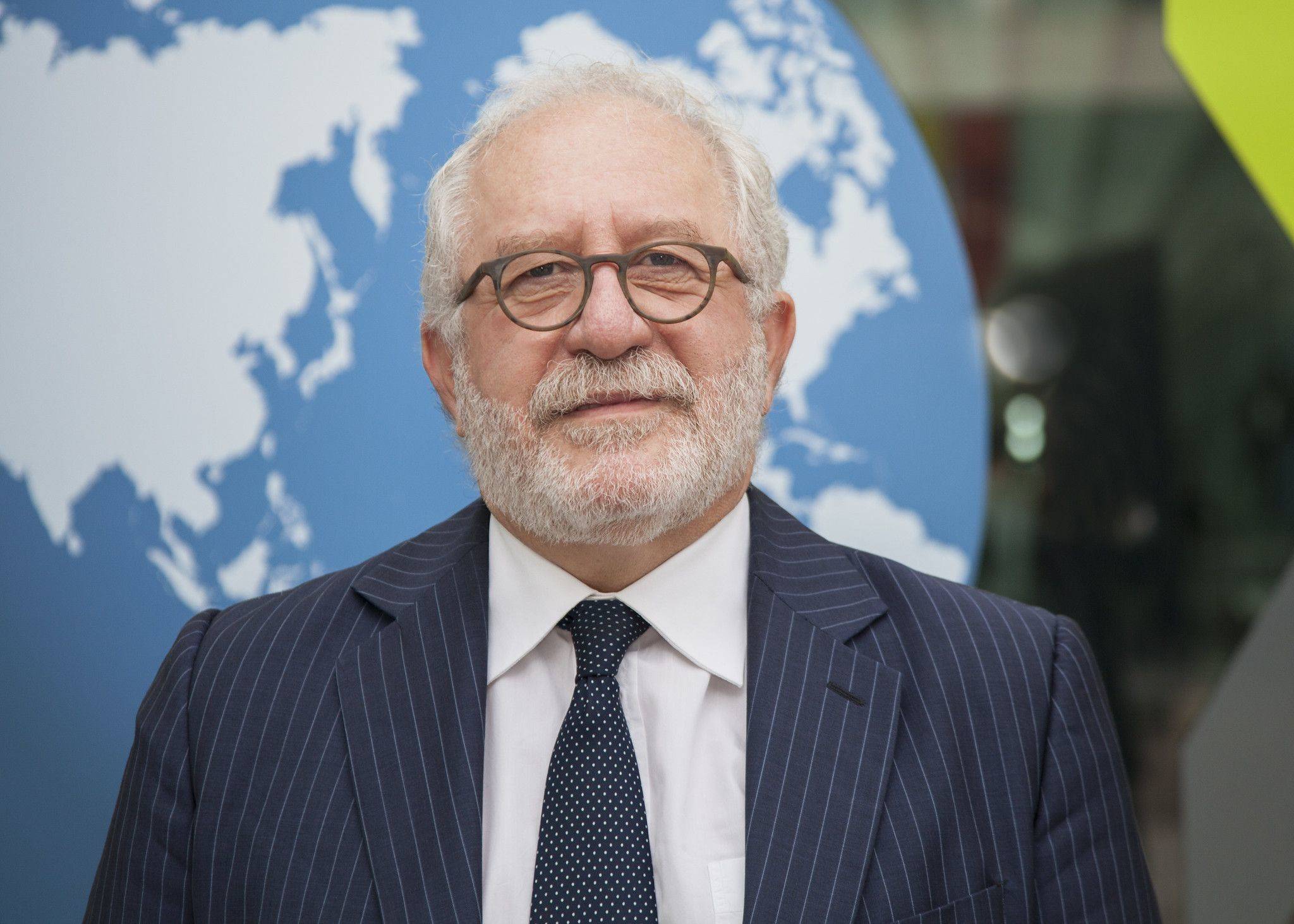We use Cookies. Read our Terms
- News
- Urgent reconfiguration required
Urgent reconfiguration required
Interview highlights with Mario Pezzini, Director of the OECD Development Centre and Special Adviser to the OECD Secretary General on Development

Photo: OECD
As published in the 03/2020 issue of the OPEC Fund Quarterly.
Below are some edited highlights from our interview with Mario Pezzini, Director of the OECD Development Centre and Special Adviser to the OECD Secretary General on Development.
Policy makers across the world are faced with the immense challenge of helping millions of people, especially young people, find decent work – as conveyed in Goal 8 of the 2030 Agenda for Sustainable Development. The challenge is particularly daunting in developing countries with large informal labor markets – for example, up to 86 percent of workers in Africa are informal – and weak enforcement of labor standards. In these contexts, people have no choice but to take up low-quality jobs just to survive, joining the ranks of the working poor.
Many governments in developing countries have come to realise that good jobs are a priority for development and boosting the quality of jobs and making sure that work pays are both vital. It is striking, however, how little attention has been paid so far to exploring what job characteristics and employment conditions actually matter to young people today. In many developing and emerging countries, a major challenge is that current jobs do not live up to youth aspirations.
Governments and their international partners must address the many root causes of vulnerability and gaps in wellbeing, from structural to institutional to behavioural factors.
First, we need to mobilize public, private and philanthropic actors to respond to the health emergency and strengthen health systems to face future crises. The immediate priority is to scale-up financing to support health personnel with medical supplies and to help students cope with school closures. Over the medium-term, the international community must work with developing countries to strengthen their health systems and expand universal social protection.
Second, we need an ambitious and coordinated fiscal response. To help people and firms, we should encourage developing countries to provide income-support measures, such as conditional cash transfers, and other forms of relief such as tax breaks, deferred interest payments or outright debt cancellations. Given limited fiscal space, developing countries will need international financial support, including, for example, debt relief. To support a sustainable global recovery, developed and developing countries should join hands and establish a dedicated global investment fund to unlock productive transformation and jobs.
Third, a coordinated response to fight the virus will not be possible without an open and supportive multilateral system. We must facilitate the flow of goods and services, in particular for critical drugs and medical supplies.
Despite efforts to build their resilience, developing countries risk being the unintended casualties of the COVID-19 crisis, with systemic repercussions for us all. We must take collaborative and coordinated action now.
A new approach to international cooperation for development, more adapted to today’s objectives, context and actors should emerge. Sharing knowledge and resources is key. We need an ambitious set of coordinated actions tackling the immediate needs of developing countries, but also thinking long-term and globally.
The COVID-19 crisis is showing us the cost of inertia and calls for the urgent reconfiguration of a more inclusive multilateral cooperation. One that engages governments on an equal footing to better manage and protect global public goods, whether it is health or the climate emergency.
This is an edited version of an interview conducted by email.
Main Story
Creating jobs and economic opportunity in developing countries can be challenging at the best of times, but during COVID-19, is it even possible?